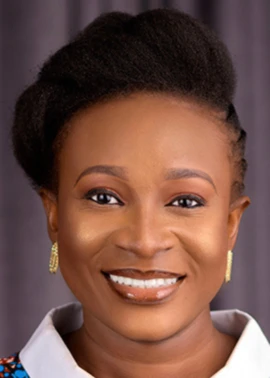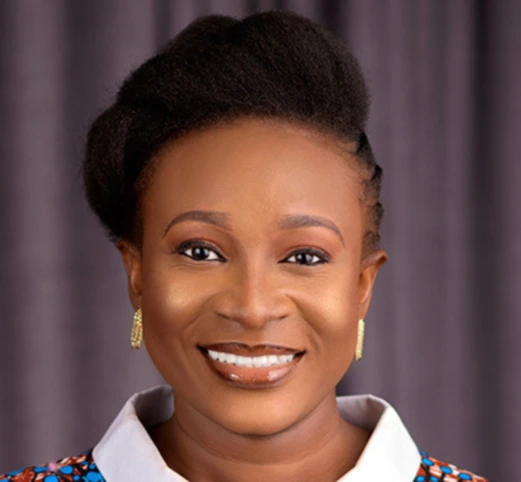Oluwafunke created Hope Behind Bars in 2018, as a female-led social impact organisation addressing inequalities in Nigeria’s criminal justice system. Originally inspired by wrongful accusations against her father, Oluwafunke began offering pro-bono services to prisoners and shared her story online, which led to people offering to volunteer and her starting Hope Behind Bars Africa. The organisation’s scope now goes beyond free legal services and is attempting to reform the criminal justice system in the country.
Oluwafunke attended the One Young World Summit in Munich, 2021. Listening to other Ambassadors, as well as her participation on a digital panel with Robert Spano, Former President of the European Court of Human Rights, motivated Oluwafunke to scale her work towards facilitating systemic change. She has since now partnered with the Ministry of Justice and the Legal Aid Council to address issues of false imprisonment and prisoner’s rights.
Hope Behind Bars has so far directly impacted over 7,000 people. Of these, 397 people have received free direct legal support, while 4,000 have gone through the organisation’s welfare intervention, skills empowerment and reintegration programmes. In partnership with the Cornell University Centre on the Death Penalty, Hope Behind Bars has provided capacity-building training to 200 lawyers and law students. They have also leveraged technology to create legal awareness to more than 2,000 individuals to help them know and assert their rights. Oluwafunke has also co-authored learning resources for pro-bono lawyers. Hope Behind Bars trained women in prison in tailoring and sewing, who made around 1,400 reusable face masks during the pandemic. The organisation has developed an app to connect lawyers with pro-bono work, with over 1,000 users. Since its founding, Hope Behind Bars has saved over 200,000 hours of prison time for the wrongly incarcerated and has cut time spent awaiting trial by 50%.
“Talking to people during the Summit and hearing them affirm the importance of my work in different contexts made me realise the need to bring a system change approach to my work”
Contributor

